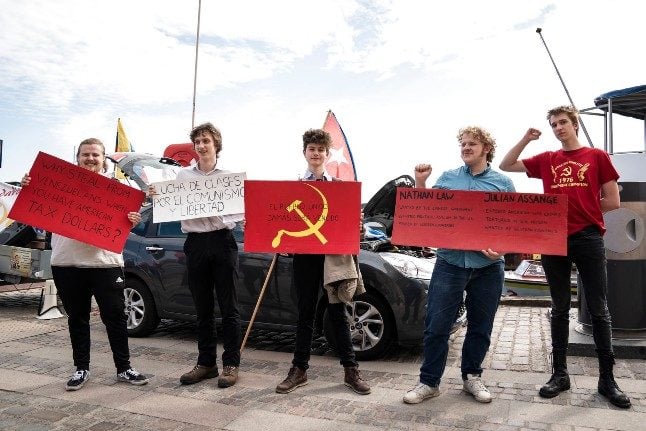“I would say (China will be the No. 1 market) in the next couple of years — hopefully one year,” Volvo Car China chairman Freeman Shen told the Reuters news agency from the Detroit auto show.
Last week, Volvo announced that global sales grew by 11.2 percent in 2010, due in part to a 36.2 percent increase in sales in the Chinese market.
However, overall sales in Volvo’s home market of Sweden remained about twice as high as sales in China.
With Geely CEO Li Shufu taking over as Volvo’s chairman in July and Geely’s takeover of the Swedish brand from US-based Ford Motor Company in August, China is seen as an increasingly important part of Volvo’s future success.
“We are looking at a strategy of making China a second home market. Today we mainly only have one home market, in Sweden,” Shen told Reuters.
Speaking in December, Volvo Cars CEO Stefan Jacoby said Volvo will soon announce plans regarding the opening of its first plant in China, adding that he expected Volvo cars to start rolling off the assembly line in China within two years.



 Please whitelist us to continue reading.
Please whitelist us to continue reading.
Member comments